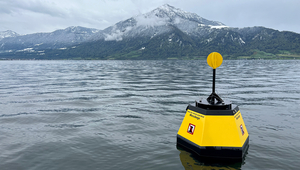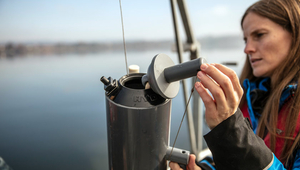News Cyanobacteria / blue-green algae
April 3, 2025
June 5, 2024
October 17, 2023
June 7, 2023
June 14, 2022
November 2, 2021
August 5, 2021
October 8, 2019











